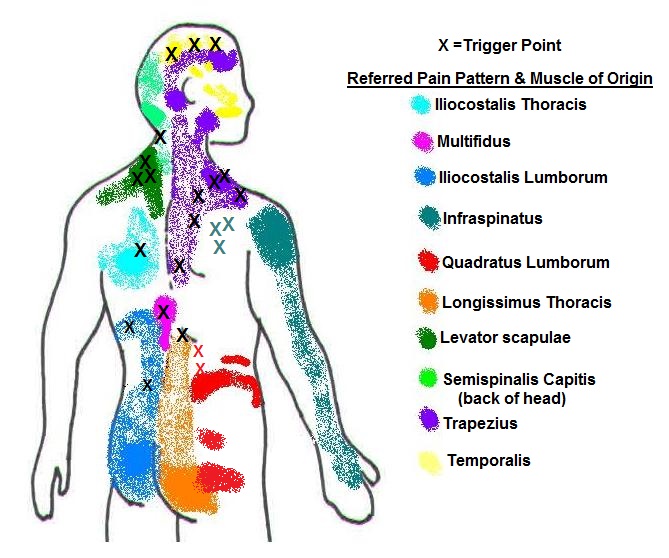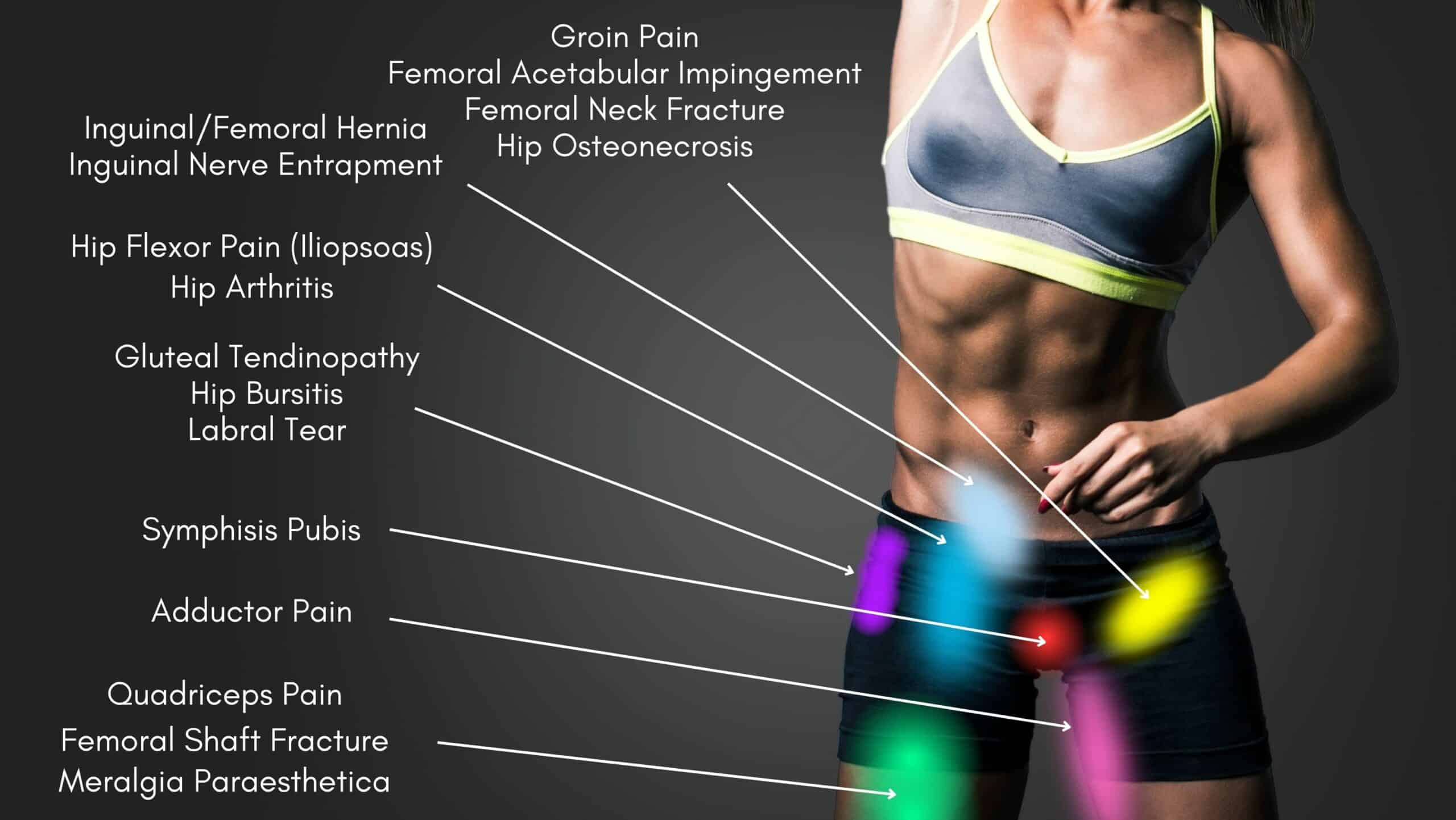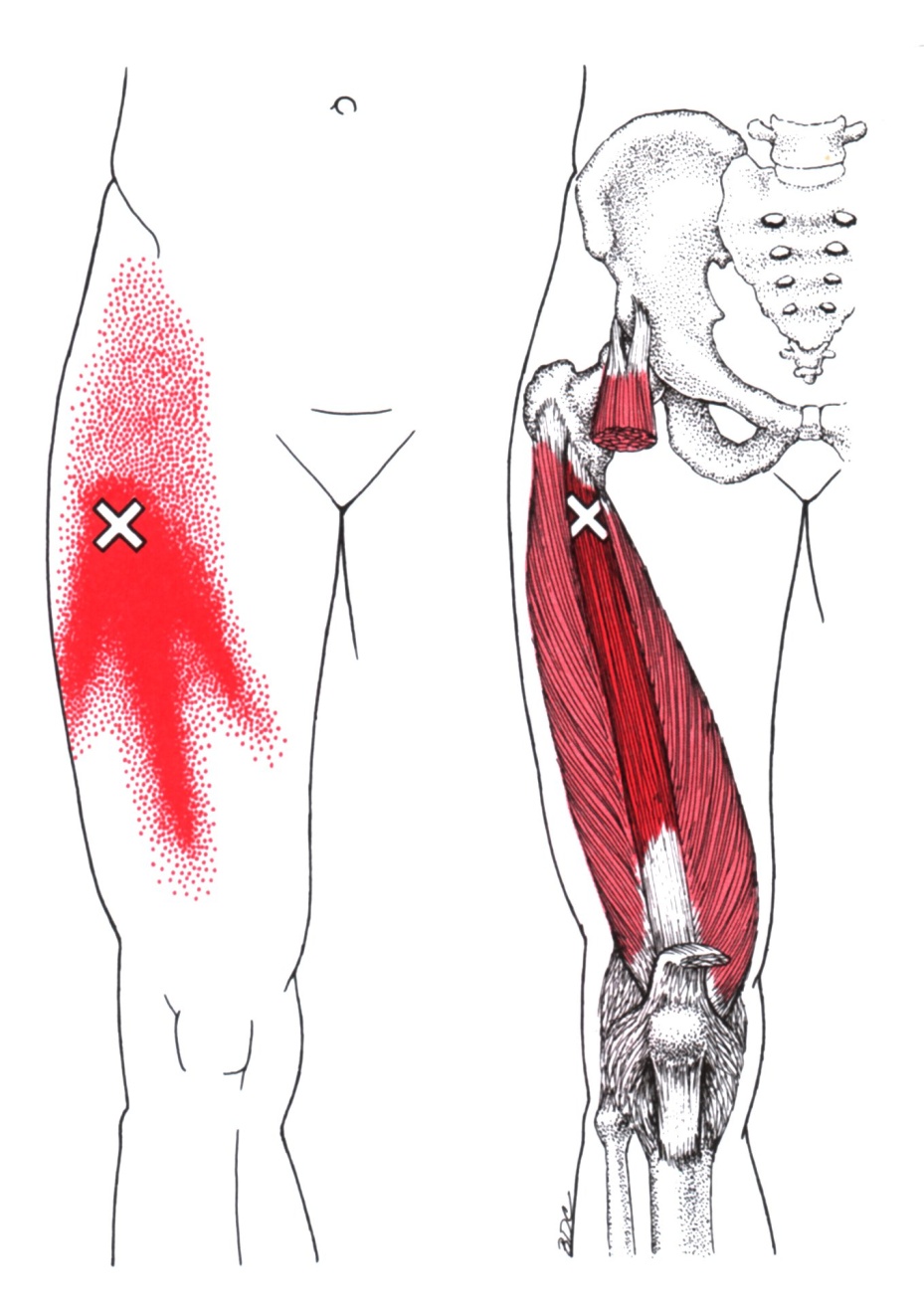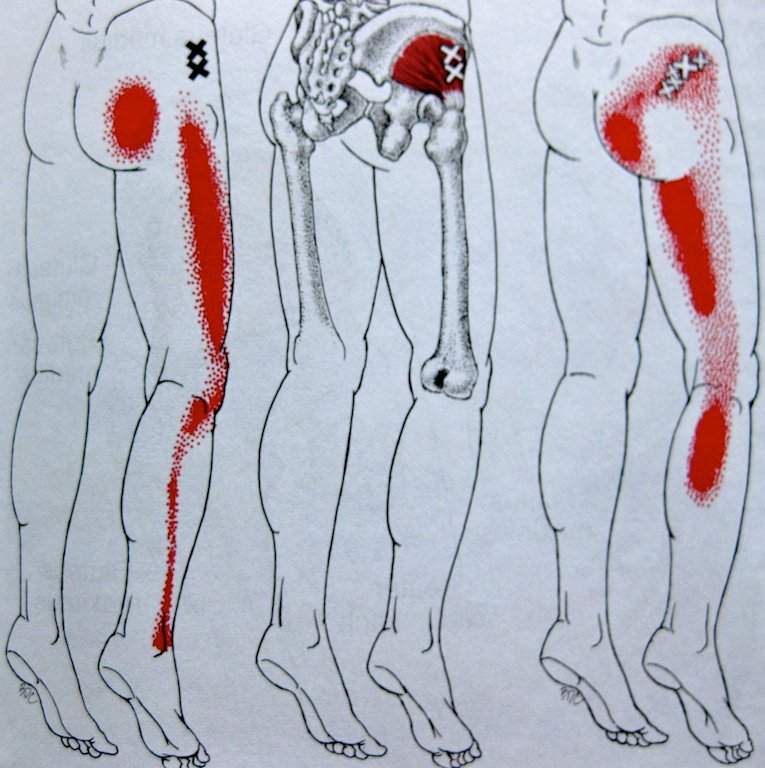Web this study was undertaken to determine the most common referral patterns of hip pain in patients scheduled to undergo primary and revision total hip replacement. Web the hip joint was shown to cause pain in traditionally accepted referral areas to the groin and thigh in 55% and 57% of patients, respectfully. Web this study was undertaken to determine the most common referral patterns of hip pain in patients scheduled to undergo primary and revision total hip replacement. Web quality of life outcome and patient satisfaction after total hip arthroplasty are complex phenomena and many confounding determinants have been identified. Web several studies have documented pain localization and pain referral pattern in patients with hip oa and a common thought in the past has been that pain from the.
Hip joint pain referral has been classically thought to occur most commonly in the groin and anterior thigh [3,4]. Two studies exist regarding hip joint pain patterns in patients awaiting total. To determine hip joint pain referral patterns. Web the most common locations of pain were the central groin and the lateral peritrochanteric area. Typically, referred pain is described as dull, aching, gnawing,.
To determine hip joint pain referral patterns. Web the hip joint was shown to cause pain in traditionally accepted referral areas to the groin and thigh in 55% and 57% of patients, respectfully. The least common were the ischial tuberosity and the anterior thigh, which are 2. Web an algorithmic approach to physical examination of a painful nonarthritic hip, including history, physical examination (specific tests), and advanced imaging allow. Typically, referred pain is described as dull, aching, gnawing,.
Web this study was undertaken to determine the most common referral patterns of hip pain in patients scheduled to undergo primary and revision total hip replacement. Web an algorithmic approach to physical examination of a painful nonarthritic hip, including history, physical examination (specific tests), and advanced imaging allow. Typically, referred pain is described as dull, aching, gnawing,. To determine hip joint pain referral patterns. Web the hip joint was shown to cause pain in traditionally accepted referral areas to the groin and thigh in 55% and 57% of patients, respectfully. The hip joint was shown to cause pain in traditionally accepted referral areas to the groin and thigh in 55% and 57% of patients, respectfully. Hip joint pain referral has been classically thought to occur most commonly in the groin and anterior thigh [3,4]. Buttock pain is the most common pain referral area from a symptomatic hip joint. Web referred pain usually occurs after local pain has persisted for a certain period (5, 55). Web hip pain is usually located anteriorly, laterally, or posteriorly. Web fourteen pain referral patterns were observed. Web quality of life outcome and patient satisfaction after total hip arthroplasty are complex phenomena and many confounding determinants have been identified. Web the hip joint was shown to cause pain in traditionally accepted referral areas to the groin and thigh in 55% and 57% of patients, respectfully. Web physioadvisor offers detailed physiotherapy information on hip and groin injuries and referred pain to the hip and groin including: Web several studies have documented pain localization and pain referral pattern in patients with hip oa and a common thought in the past has been that pain from the.
Web The Hip Joint Was Shown To Cause Pain In Traditionally Accepted Referral Areas To The Groin And Thigh In 55% And 57% Of Patients, Respectfully.
Web fourteen pain referral patterns were observed. Web several studies have documented pain localization and pain referral pattern in patients with hip oa and a common thought in the past has been that pain from the. Web referred pain is when you have an injury in one area of your body but feel pain somewhere else. To determine hip joint pain referral patterns.
The Hip Joint Was Shown To Cause Pain In Traditionally Accepted Referral Areas To The Groin And Thigh In 55% And 57% Of Patients, Respectfully.
Web quality of life outcome and patient satisfaction after total hip arthroplasty are complex phenomena and many confounding determinants have been identified. Hip joint pain referral has been classically thought to occur most commonly in the groin and anterior thigh [3,4]. Web referred pain usually occurs after local pain has persisted for a certain period (5, 55). Web an algorithmic approach to physical examination of a painful nonarthritic hip, including history, physical examination (specific tests), and advanced imaging allow.
Web The Majority Of The Management Of Patients With Osteoarthritis Of The Hip Can Be Undertaken In Primary Care.
To determine hip joint pain referral patterns. Web the most common locations of pain were the central groin and the lateral peritrochanteric area. Web hip pain is usually located anteriorly, laterally, or posteriorly. Web the hip and pelvis have a complex anatomy and are a common source of pain and injury in the athletic population.
Web Physioadvisor Offers Detailed Physiotherapy Information On Hip And Groin Injuries And Referred Pain To The Hip And Groin Including:
Typically, referred pain is described as dull, aching, gnawing,. The clinical examination of the hip requires a. Web this study was undertaken to determine the most common referral patterns of hip pain in patients scheduled to undergo primary and revision total hip replacement. Web the hip joint was shown to cause pain in traditionally accepted referral areas to the groin and thigh in 55% and 57% of patients, respectfully.







![[PDF] Hip joint pain referral patterns a descriptive study. Semantic](https://d3i71xaburhd42.cloudfront.net/e773ef4cec137717068b9b83c77b46c2c58622ce/3-Figure2-1.png)

